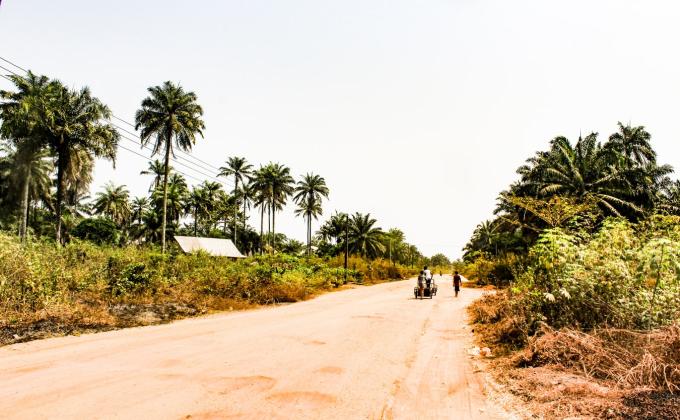Over the past decade, the border regions of Mali, Niger, and Burkina Faso have become the epicentre of violent conflict dynamics, including a dramatic increase in violent extremist activity. This project, "A question of legitimacy: how civil society organisations can and do provide rehabilitation- and reintegration services for violent extremist offenders in (post-) conflict settings", researches the mechanisms at work when civil-society organisations (CSOs) take on roles traditionally occupied by the state in rehabilitating and reintegrating (R&R) violent extremist fighters.
Through a series of five workshops with traditional and religious leaders and government representatives, conducted across Bauchi and Abuja, as well as an intensive literature review, ICCT devised a series of policy representations implementable by the Dutch Ministry of Foreign Affairs. These were centred on community inclusion in R&R programming across Nigeria, and the Sahel.
The research found that it is necessary to include CSOs and traditional authorities in R&R programming in certain communities as their perceived legitimacy supersedes that of the government. In addition, inclusion of CSOs in R&R programming is essential in order to increase trust between government and local communities due to the long-standing relationship that CSOs have with those communities.
Overall, in analysing these mechanisms, relevant actors became more aware of how CSOs can best contribute to legitimate stability in (post-)conflict settings involving violent extremism (VE), through what type of interventions, and why this is so. Most importantly, this project showed how cooperation between CSOs and government on the topic of R&R can be optimized without jeopardizing each other’s separate functions. Through the range of activities, ICCT provided support and capacity building for governments, civil society, and the broader public across the Sahel region in order to help them address the complex threat posed by violent extremism in this fragile context.


